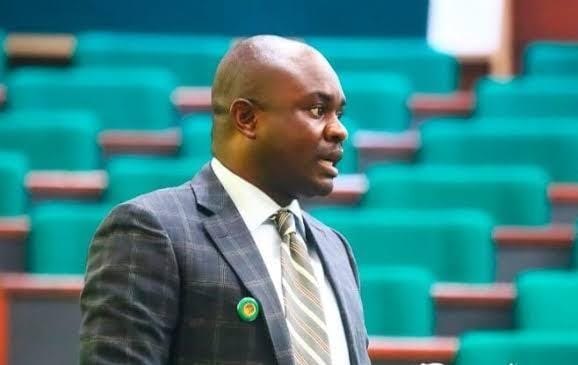Former House of Representatives member from Rivers State, Farah Dagogo, has once again raised concerns about the utilization of the 13 percent derivation funds intended for oil-producing communities by the governors of the Niger Delta region.
Dagogo pointed out that the Niger Delta has received trillions of Naira through the 13 percent derivation over the past 23 years, with more than ₦600 billion of that amount disbursed in the first half of 2024 alone. Despite these substantial funds, he lamented that successive governors have failed to improve the living conditions of the communities, where people still endure “squalor, disease, and extreme poverty.”
He noted that while the Federal Government has been criticized for its shortcomings, it has consistently increased the 13 percent derivation funds allocated to the Niger Delta governors. He cited specific figures: ₦57.92 billion in January, ₦85.10 billion in February, and ₦166.24 billion in March, with additional sums of ₦90.12 billion, ₦120.45 billion, and ₦106.50 billion for April, May, and June, respectively.
Also Read:
. Bala Mohammed to Step Aside for Jonathan if He Runs for Presidency
. EFCC Denies Hacking Claims, Cites Technical Glitch on Official X Account
. APC NWC Rejects High Court Ruling Reinstating Rivers State Executive Committee
Dagogo, who was also a former governorship aspirant, expressed concern that the people of the oil-producing communities have developed “subconscious apathy” toward the massive sums being released, as the funds are not being used for their intended purposes. Instead, he accused the governors of viewing the money as “free” and using it for their own benefit rather than addressing the needs of the communities.
He described the situation in the Niger Delta as a “sad commentary,” highlighting the mismanagement and lack of accountability surrounding the 13 percent derivation, which is meant to address infrastructural decay and degradation in oil-producing areas. According to him, governors often use these funds to maintain power rather than serve the communities they represent.
Dagogo urged for an investigation into the living conditions of the oil-producing communities, stating that the lack of basic amenities like electricity, clean drinking water, and roads is heartbreaking when compared to the vast sums allocated for their development.
He questioned why the governors, who are supposed to be custodians of these funds, have become indifferent to the plight of their communities. Dagogo called for a transparent explanation of how the derivation funds have been spent, though he expressed doubt that such an explanation would be forthcoming, given the apathy and lack of accountability in the region.
Despite his criticisms, Dagogo expressed hope that it is not too late to correct past wrongs. He urged the current set of governors to be on the “right side of history” and to use the funds justly to improve the lives of the people in the oil-producing communities.









